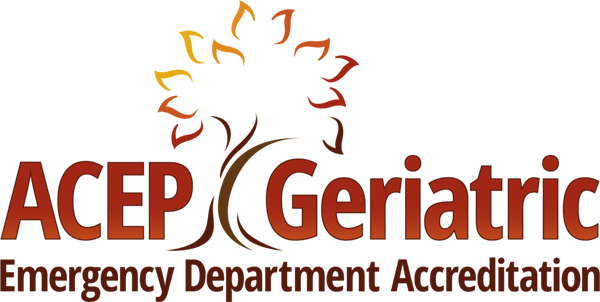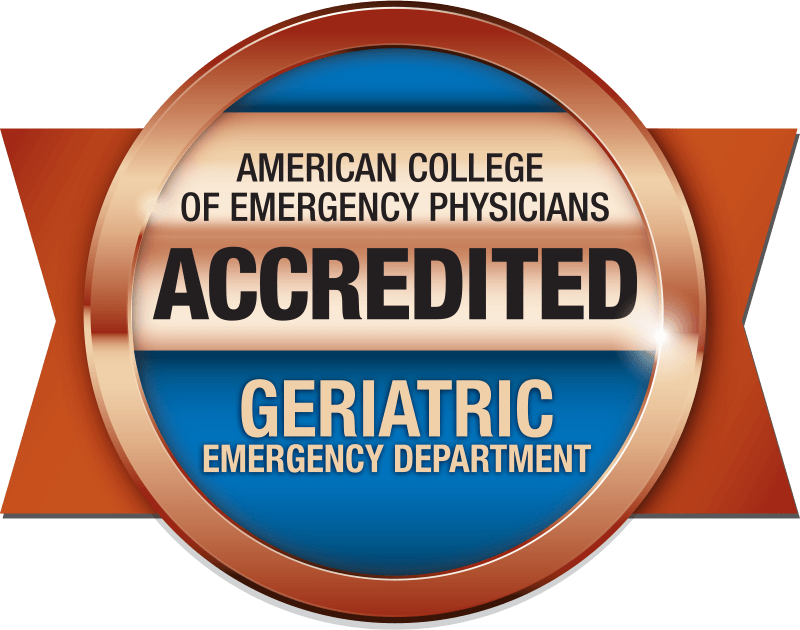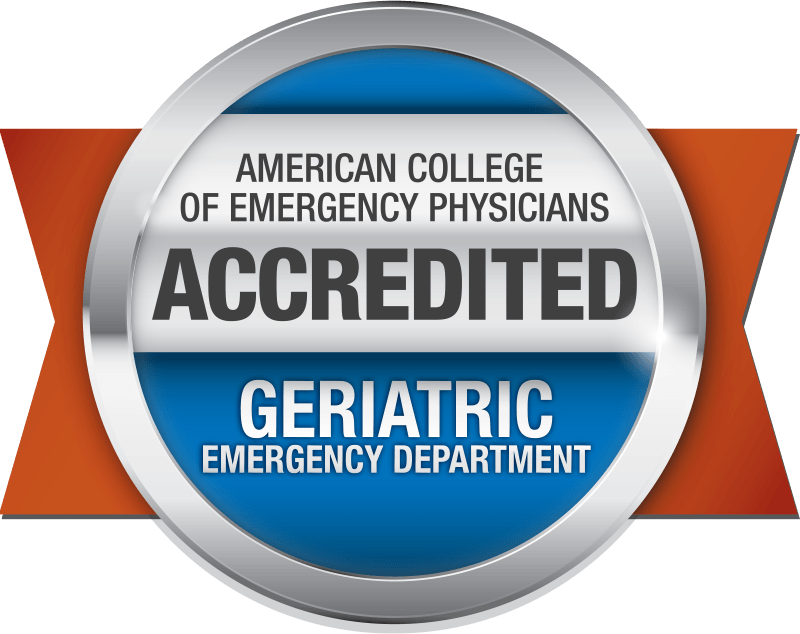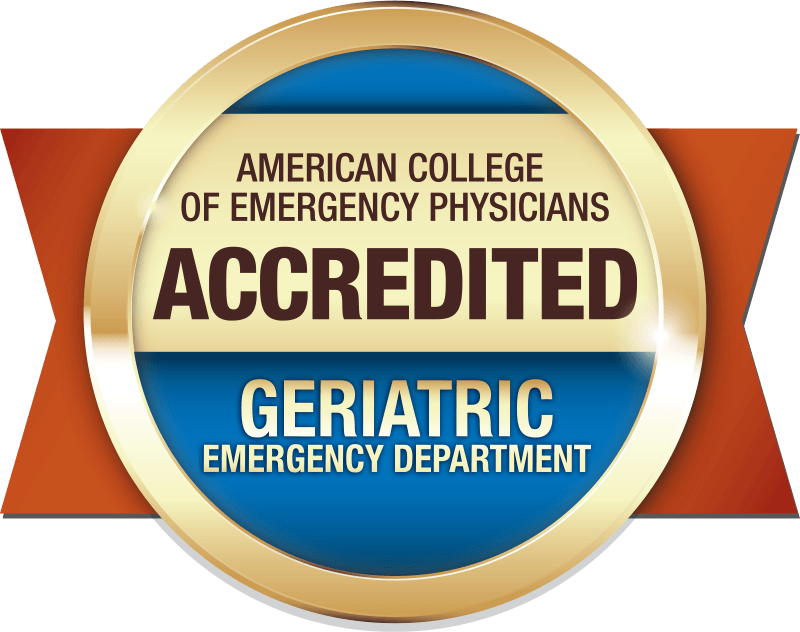Geriatric Emergency Department Accreditation Program (GEDA)
Important Application Information
All three Levels of GEDA are operating under the revised criteria that went into effect on June 30, 2023.
Please note Level 1 and Level 2 will undertake boarding care metric requirements on January 1, 2024.
GEDA Care Process New Requirements as of July 1 2023 (PDF)
Emergency Department Boarding Care Processes and Outcomes (PDF)
Application due dates (cut-off) cycles:
February 5, 2024
April 8, 2024
June 3, 2024
August 5, 2024
October 7, 2024
December 2, 2024
Geriatric Emergency Department Accreditation Program
GEDA was developed by leaders in emergency medicine to ensure that our older patients receive well-coordinated, quality care at the appropriate level at every ED encounter.
Download the GEDA Brochure
Improve the care provided to older patients by becoming an accredited geriatric emergency department.
Seniors make contact with the health care system at many points – perhaps none as frequently or as importantly as the emergency department.
Populations around the world are living longer now than ever before, and in the US it is estimated that 10,000 Baby Boomers are turning 65 every day. This demographic shift brings challenges to healthcare systems as older adults visit emergency departments (EDs) at comparatively higher rates than non-seniors, often present with multiple chronic conditions, are at increased risk of polypharmacy, and suffer from complex social and physical challenges. Seniors make contact with the health care system at many points – perhaps none as frequently or as importantly as the emergency department.
The concept of a geriatric emergency department has developed in the past decade as hospitals recognize that one size ED care does not fit all. Older people in the ED have presentations, needs, dispositions, and outcomes that are quite specific to them. A geriatric ED may be either a separate space designated for older adults, or more likely, the integration of best practices for older adults into an existing ED.
Geriatric EDs embrace a variety of best practices including:
- Ensuring geriatric-focused education and interdisciplinary staffing
- Providing standardized approaches to care that address common geriatric issues
- Ensuring optimal transitions of care from the ED to other settings (inpatient, home, community-based care, rehabilitation, long-term care)
- Promoting geriatric-focused quality improvement and enhancements of the physical environment and supplies
Becoming a geriatric ED will improve the care provided to older people in your ED and ensure the resources to provide that care are available. It also signals to the public that your institution is focused on the highest standards of care for your community’s older citizens.
To learn more about geriatric ED best practices, four national geriatric and emergency medicine organizations collaboratively developed and endorsed geriatric ED guidelines that outline recommendations for optimal geriatric emergency care.






